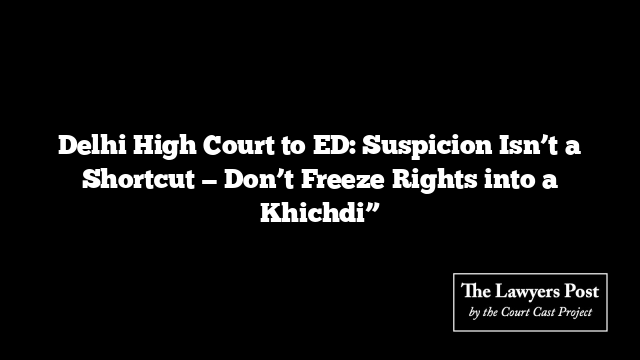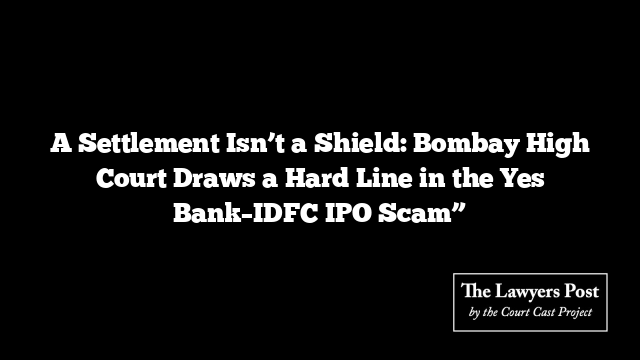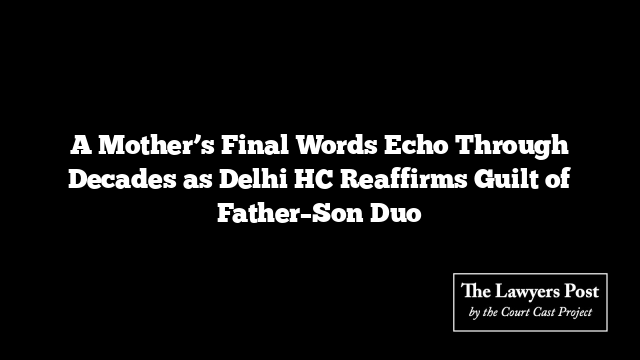The Delhi High Court delivered a sharp reminder to the Enforcement Directorate (ED): freezing a citizen’s bank account isn’t a casual kitchen experiment where suspicion can be tossed in like loose spices. If the State wants to lock someone’s money, it must bring ingredients far sturdier than a hunch.
A division bench observed that the ED’s approach in a case involving Poonam Malik had blended legal terms so clumsily that the outcome resembled what the judges themselves called “khichdi.” Instead of carefully separating the statutory steps of seizure, freezing, retention, continuation, and confirmation under the Prevention of Money Laundering Act (PMLA), the agency and the Adjudicating Authority lumped them together in a single muddle.
The Court’s astonishment was unvarnished: the ED sought “confirmation” in an application titled “continuation,” yet landed an order of “retention.” Each of these words, the judges stressed, has a precise, non-interchangeable meaning within the statute. The casual mixing wasn’t just sloppy drafting—it created real-world consequences for a citizen’s right to property under Article 300A.
The bench went further, explaining that the Adjudicating Authority cannot jump to retention or continuation orders immediately after a freeze or seizure unless the statutory safeguards are followed. Doing so would strip individuals of the very protections the PMLA promises.
These observations came while the Court dismissed two ED appeals challenging an appellate tribunal’s decision to unfreeze Malik’s bank accounts. The agency had argued that the cash deposits were suspicious and linked to alleged laundering activities by her husband, a driver in a wider Sterling Biotech–related investigation. But suspicion, the Court declared, is not a legal foundation—it is merely an alarm bell that must lead to real evidence.
And that’s where the ED faltered: its freezing orders lacked any recorded “reasons to believe,” relying instead on the vague assertion that funds were “suspected” to be tainted. That, the Court held, is legally hollow. When the State restricts access to a person’s own money, concrete material is the minimum currency required.
With that, the High Court upheld the unfreezing of Malik’s accounts, restoring her access to her funds and reminding investigative agencies that power is not a blank cheque—and certainly not a recipe to be improvised.





